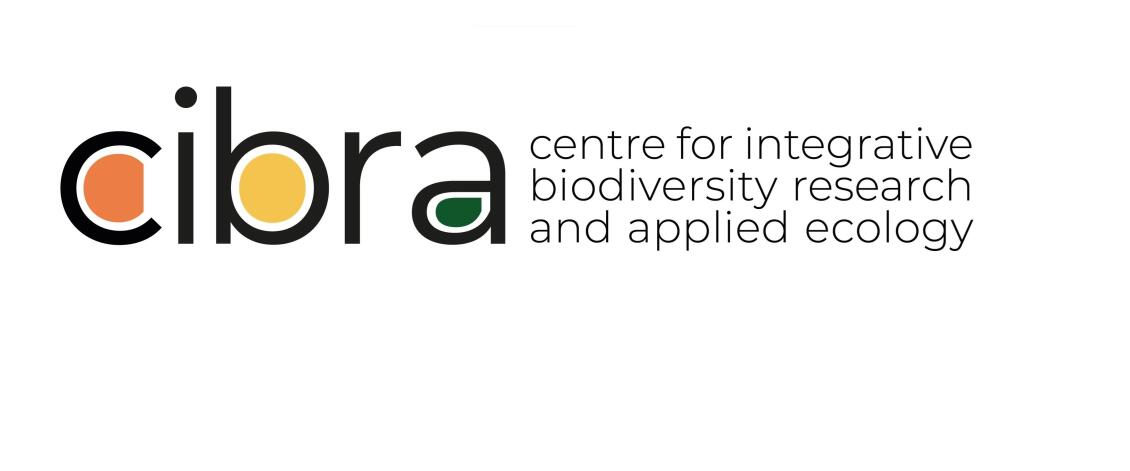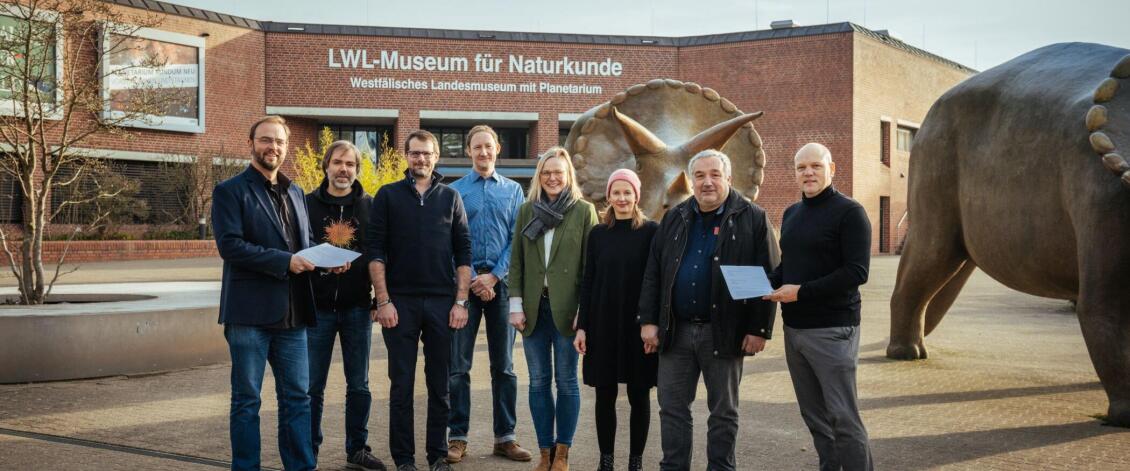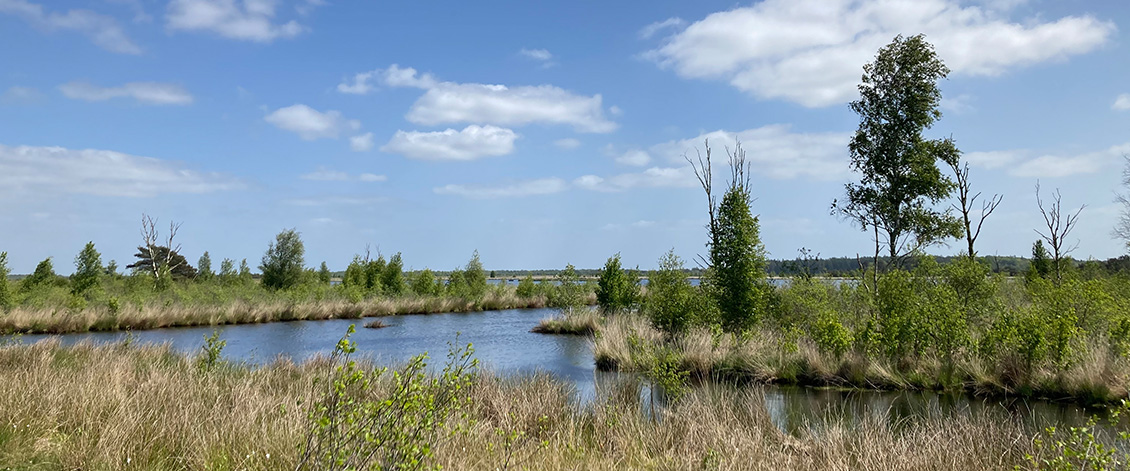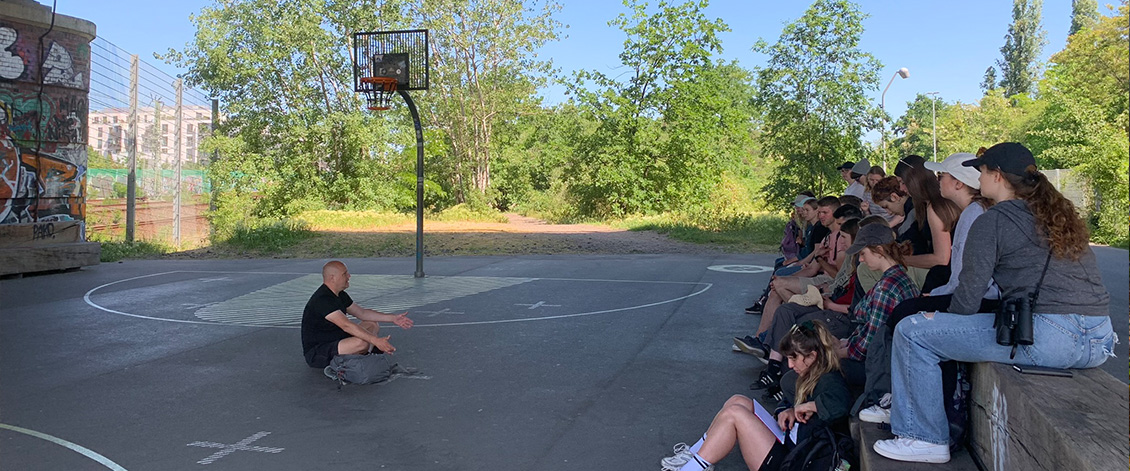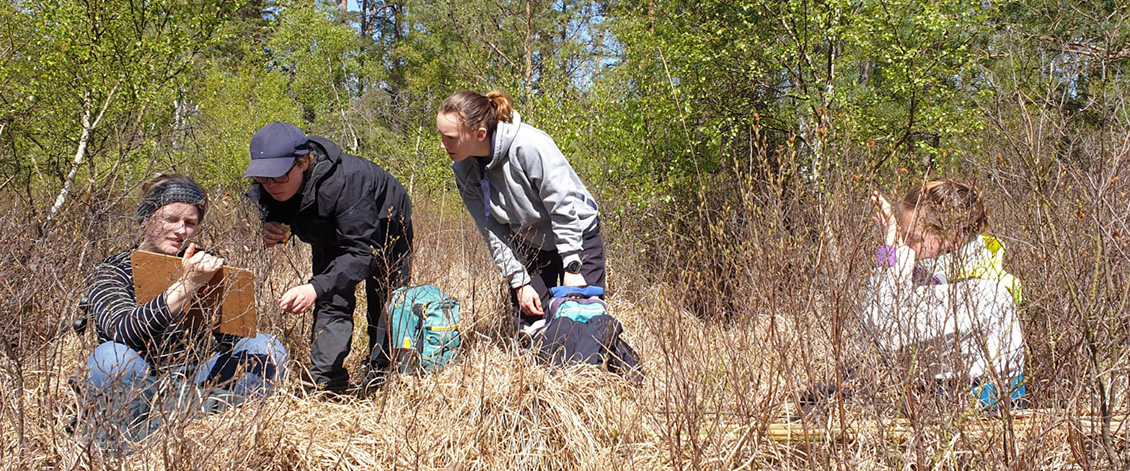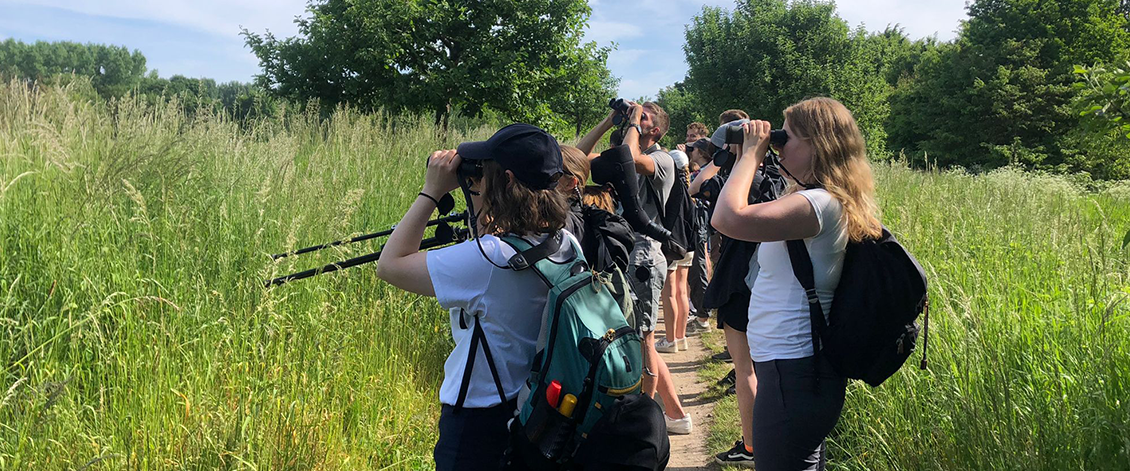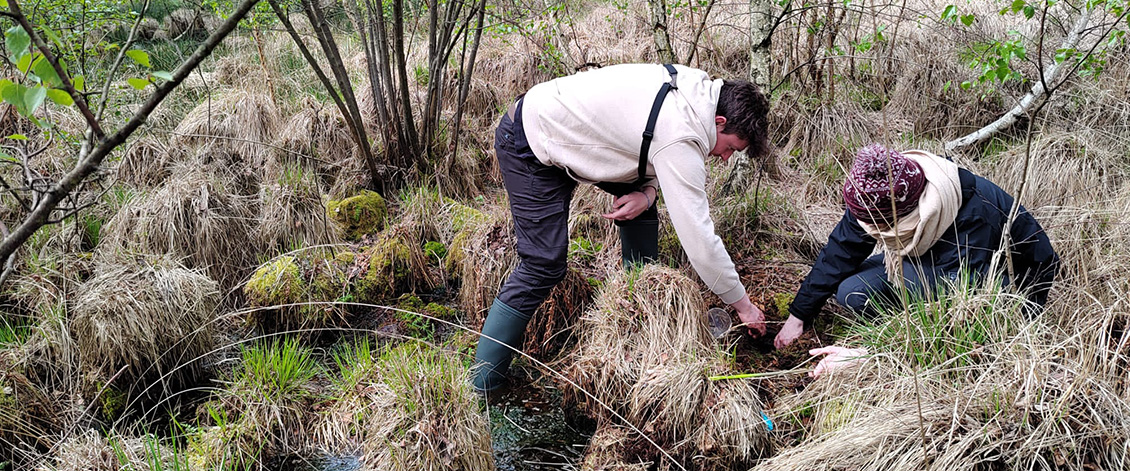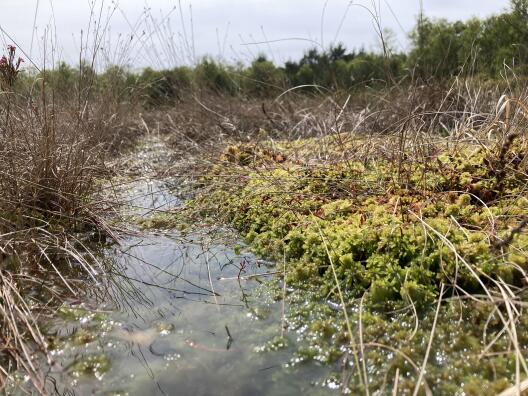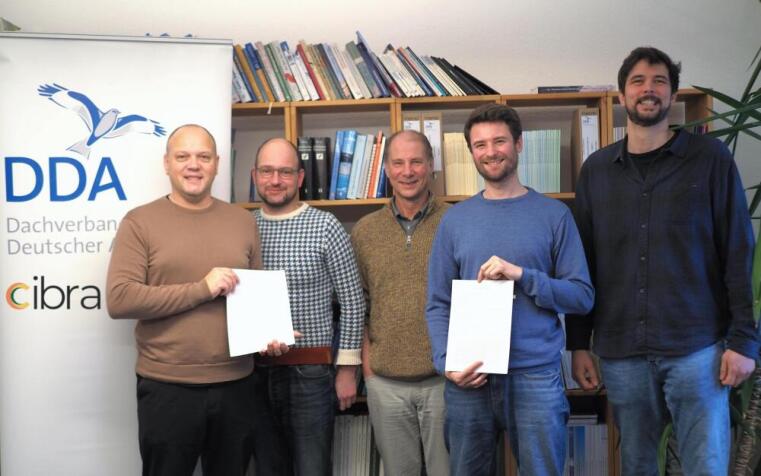Mission Statement
At the Centre for Integrative Biodiversity Research and Applied Ecology, in collaboration with our esteemed partners, including the Institut für Landschaftsökologie, Institut für Geologie und Paläontologie, Dachverband Deutscher Avifaunisten (DDA), and LWL-Museum für Naturkunde, our mission is to deepen our understanding of the intricate web of life on Earth and utilize that knowledge to address pressing conservation challenges.
Through interdisciplinary research and collaboration, we focus on key chapters such as wetland restoration, urban ecology, re-surveys and citizen science to unravel the complexities of biodiversity and its interactions with the environment. By employing innovative approaches, we aim to generate actionable insights and practical solutions that promote the sustainable coexistence of all species, safeguard the integrity of ecosystems, and bridge the gap between science and practice.
With our work, we strive to foster a harmonious relationship between human society and the natural world, advancing the frontiers of biodiversity research and promoting evidence-based conservation strategies for the thriving and future of our planet.


